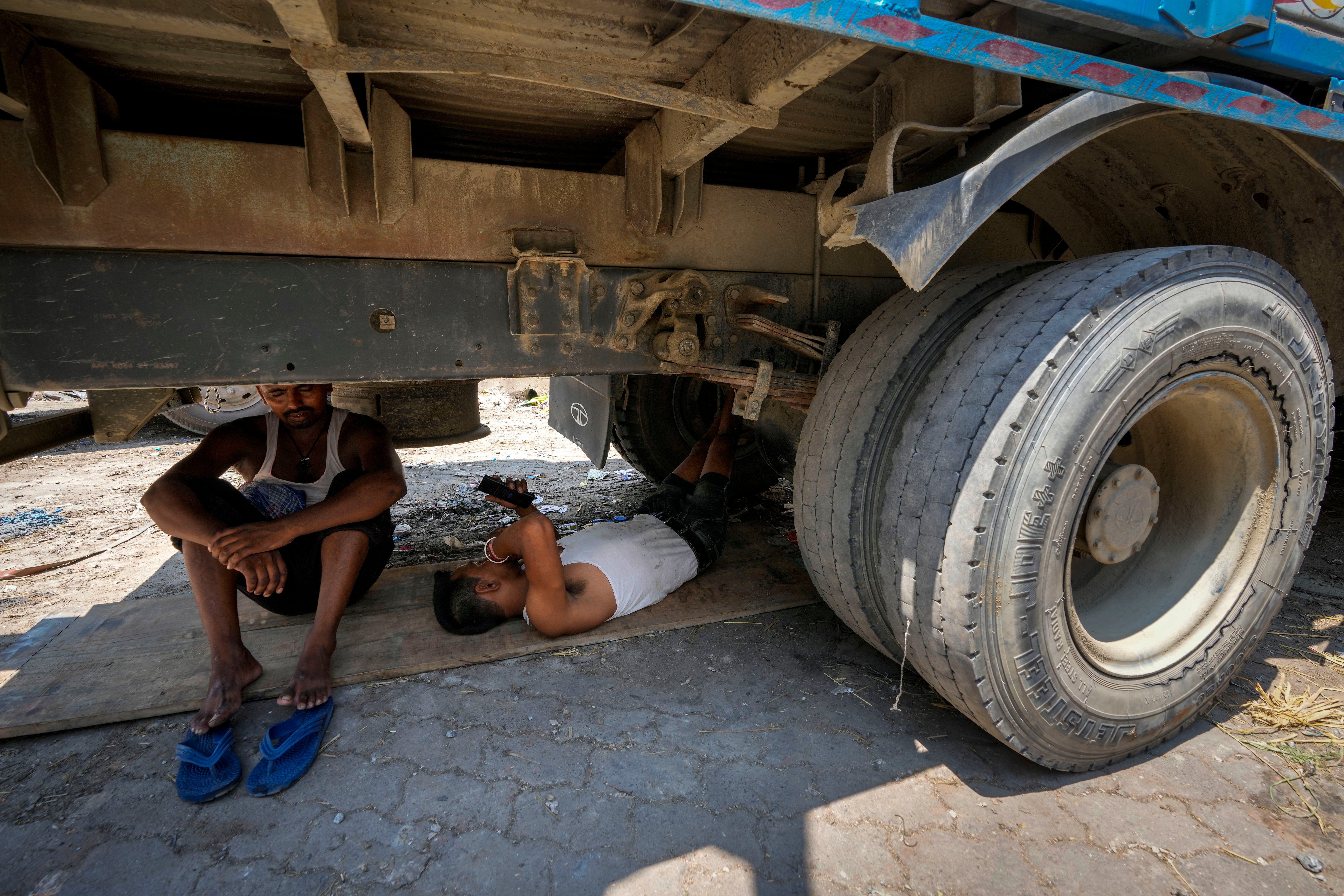Delhi to get water from neighbouring states amid severe crisis
There should be no politics over water, India’s court says, as it orders neighbouring states to release water for parched Delhi
Delhi is set to receive water from its neighbouring states following an unprecedented heatwave that has parched large parts of northern India and triggered a severe water crisis.
India’s Supreme Court ordered the government of Himachal Pradesh to release its surplus water to Delhi. The court has also directed the government of Haryana, a state bordering Delhi, to facilitate the flow of surplus water released by Himachal Pradesh so that it reaches the national capital.
Himachal Pradesh will provide Delhi with 137 cusecs of water in the coming days.
“The Haryana government should allow the flow of water, which is being received from Himachal, to reach Wazirabad in Delhi without any hindrance so that the people of Delhi get drinking water,” the court said.
There should be no politics over water, the court said.
This decision provides significant relief to the residents of the capital, who have faced water shortages this summer, with thousands relying on water tankers to meet their daily needs.
Last week, Delhi requested additional water supplies from neighbouring states due to severe scarcity amid an unprecedented heatwave that has seen temperatures reaching almost 50C.
Delhi’s chief minister Arvind Kejriwal, who is a key opposition politician, recently took to X to appeal to the ruling Narendra Modi government to facilitate water supply.
“If the BJP talks to its governments in Haryana and UP and gets some water for Delhi for a month, then the people of Delhi will greatly appreciate this step of the BJP,” Mr Kejriwal said.
“Such scorching heat is not in anyone’s control. But if we all work together, can we provide relief to the people from this?”
Delhi’s water minister Atishi, who only uses her first name, welcomed the decision calling it a “victory” for the people of the city. “I salute the Hon’ble Supreme Court for standing with the people of Delhi during this unprecedented water crisis,” she wrote on X.
“This is a time that calls for coordinated effort above all else, and the SC order marks a victory for the people of Delhi and their right to water.”
The national capital has been grappling with a water crisis with the Delhi government accusing Haryana of not releasing its share of water.
Delhi’s residents have been living under stringent rules imposed by the government to save water. Amid the shortage, a fine of ₹2,000 (£19) was to be imposed for any kind of water wastage.
The government also ordered disconnections of illegal water connections at construction sites and commercial establishments.
But many residents were not receiving enough water to get through the day.

In central Delhi, residents said their water supply was limited to 2-3 hours in many areas, forcing them to spend a significant portion of their earnings on buying water bottles.
“I spend 100-200 (£1-2) rupees to buy water bottles, that’s one-third of the money I make in a day,” Vinod, a 32-year-old cart puller told The Independent.
A central control room was set up by the government and a helpline number (1916) was launched for residents to request water tankers.
North India’s unprecedented heatwaves have killed hundreds of people in recent days, according to media reports. Drying lakes are sending animals to look for water sources in villages, with 32 monkeys recently drowning in an irrigation well trying to quench their third in Jharkhand state.
The heatwaves in India come amid another global record for the month of May, as the world sees an entire calendar year of never-seen-before temperatures due to human-caused climate crisis.
Join our commenting forum
Join thought-provoking conversations, follow other Independent readers and see their replies
Comments
Bookmark popover
Removed from bookmarks